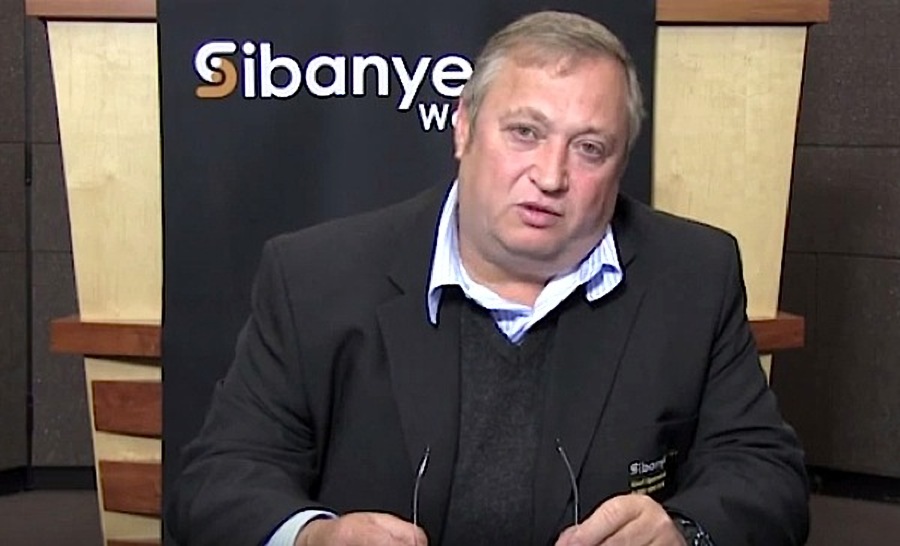PLATINUM WEEK-Sibanye CEO confident of Lonmin takeover despite cash burn

LONDON, May 18 (Reuters) – Sibanye-Stillwater is confident its planned purchase of Lonmin will go ahead, but the struggling platinum producer must slow its cash burn, the South African firm’s chief executive said.
Sibanye’s 285 million pound ($386 million) all-share bid to create the world’s second largest platinum miner faces hurdles including Lonmin’s weak cash position, competition authority approval and the effects of a stronger rand.
Before December’s offer Lonmin, the world’s third largest platinum miner, had been in crisis following a series of labour strikes, subdued platinum prices and years of high costs.
Key to closing the deal is Lonmin maintaining its net cash position and achieving certain production targets, Neal Froneman told Reuters during Platinum Week in London.
“I remain confident that this transaction will close and it will close in the form that we originally and always expected. ”
On Monday, Lonmin said its net cash had slipped to $17 million from $63 million at the end of December. But it said it intends to recover $47 million, which is to cover a smelter outage, in the second half of the year.
“What we are saying to the Lonmin management is please don’t let the wheels come off, maintain your net cash position as your model shows,” Froneman said.
“There is a duty on Lonmin management to deliver…I’m not panicking. I’m very confident in their ability to meet their targets,” he added.
Job cuts inevitable
Should the deal fail to close, Froneman said, job cuts at Lonmin could be in higher than initially projected.
“Those 12,600 jobs (cuts) are inevitable, I can’t stop them. They are going to go whether we do this merger or not,” he said.
There are 890 merger-related layoffs that will face scrutiny from South Africa’s Competition Commission, which could impose tough conditions and make the deal unattractive to Sibanye’s shareholders.
“We are asking the Competition Commission to approve the merger-related job losses to save the rest of the jobs.”
Sibanye, which bought Aquarius Platinum, Anglo American Platinum’s Rustenburg assets and U.S.-based Stillwater over the last few years, is not seeking any further assets in the short term, Froneman said.
The company is hobbled by its net debt which ballooned to 23 billion rand ($1.8 billion) at the end of December from 6.3 billion rand a year earlier. This puts debt at 2.6 times underlying earnings.
South African miners pay their costs in rand and receive revenue in dollars and the stronger rand will delay Sibanye’s efforts to deleverage but will still be within the targeted range of two to four years, Froneman said.
Sibanye is considering pipeline financing, streaming agreements and forward sales to reduce its debt, Froneman said, but ruled out raising equity.
($1 = 12.5856 rand)
(Reporting by Zandi Shabalala; Editing by Veronica Brown and Alexander Smith)
{{ commodity.name }}
{{ post.title }}
{{ post.date }}




Comments